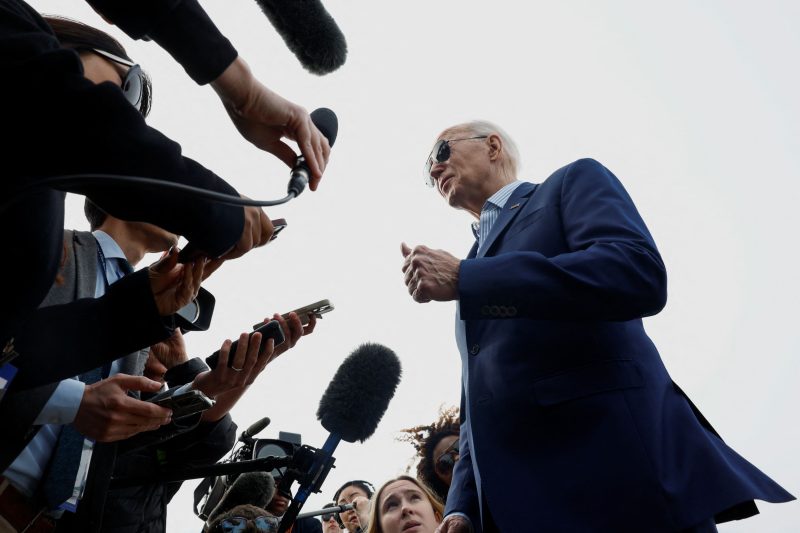In recent years, the topic of TikTok and its relationship with national security has been a subject of significant debate. The rise of the popular social media platform, particularly among younger users, has raised concerns among policymakers about the potential risks associated with the app’s ownership by a Chinese company. These concerns have further escalated with the Trump administration’s attempts to ban TikTok in the United States unless it was acquired by an American company.
Now, under the Biden administration, the discussion around TikTok has reemerged with President Biden indicating his willingness to consider signing a bill that could potentially ban the app if it were to be passed by Congress. This move underscores the continued scrutiny of TikTok’s operations and its connection to China as a national security issue.
The concerns surrounding TikTok largely stem from fears that the Chinese government could access user data and use the app as a tool for espionage or influence campaigns. Given the vast amount of personal data that users share on social media platforms, including their interests, behaviors, and even location data, the potential implications of such access are concerning. Furthermore, there have been allegations that TikTok censors content that is critical of the Chinese government, raising questions about the platform’s commitment to free speech and democracy.
The proposed bill that could lead to a ban on TikTok serves as a reflection of the broader tensions between the United States and China in the realms of trade, technology, and national security. These tensions have only been exacerbated by the increasing competition between the two countries on the global stage, particularly in the realm of technology and innovation.
While the potential ban on TikTok may be framed as a national security issue, it also raises questions about the implications for free speech and the open exchange of ideas on social media platforms. As these platforms become central to public discourse and communication, any restrictions on their use have far-reaching implications for both individuals and society as a whole.
As this debate unfolds, it is essential for policymakers to consider the complex interplay between national security concerns, free speech rights, and the global dynamics of the technology sector. Balancing these competing interests will require thoughtful and nuanced approaches to regulation that protect both national security and individual freedoms. How the United States chooses to address the issue of TikTok will not only impact the future of the app but also set a precedent for how other countries navigate similar challenges in the digital age.
In conclusion, the debate around TikTok and its potential ban highlights the intricate web of issues at the intersection of technology, national security, and democracy. As policymakers grapple with these complex challenges, it is essential to strike a balance that safeguards both personal liberties and national interests in an increasingly interconnected world. The decisions made in this realm will not only shape the future of social media platforms but also define the boundaries of governance in the digital age.



























